By Daniel Kane Jr.

New York is a state that prides itself on its commitment to worker rights, union heritage and progressive values. Yet, in one of the most vital sectors of our workforce, the state has failed to uphold these ideals. Direct Support Professionals provide essential care for individuals with intellectual and developmental disabilities, and while their work is crucial, the state has not provided sufficient investment. New York must step up and support this workforce by ensuring fair wages and access to the resources necessary to provide a stable care system for people with disabilities.
At Teamsters Local 202, we represent residential and day services Direct Support Professionals who work tirelessly caring for individuals with intellectual and developmental disabilities. These workers help people lead more independent, fulfilling lives, providing personal care, teaching life skills and offering emotional and social support to some of New York’s most vulnerable citizens. The job requires skill, patience and immense dedication. Direct Support Professionals make tremendous sacrifices, often working long hours in physically and emotionally demanding roles, while being paid wages that fail to reflect the value of their skills or contributions. New York State must recognize that this workforce is essential, not only for the individuals they support, but for the stability and effectiveness of the broader care system.
The issue isn’t with New York’s hardworking Direct Support Professionals who show up every day, it’s with a broken system that undervalues their essential labor. Substandard Medicaid reimbursement rates often force nonprofit providers into a corner where they cannot pay fair wages or retain qualified staff, creating instability that ripples through the entire care system. As Teamsters, we know that a workforce treated with respect and paid fairly is the foundation of success.
Without immediate action, the essential care that individuals with Intellectual and Developmental Disabilities rely on will be jeopardized. To address this crisis, New York must put forward a comprehensive plan to support Direct Support Professionals and strengthen the system. First, the disability service system needs a wage commission to ensure Direct Support Professionals are paid fairly for the critical work they do. This commission will set standards that guarantee they are compensated in a way that reflects their expertise, dedication and sacrifice. Second, a 7.8% targeted inflationary increase will equip nonprofit providers with the financial resources needed to raise wages, invest in resources and training and attract new workers to the field. Third, rate-setting must be returned to the Office for People with Developmental Disabilities to make the process smoother and more accurate so organizations can provide quality care without financial uncertainty.
By taking these steps, New York will not only support Direct Support Professionals but also ensure a better quality of life for the people who rely on them. If New York wants to uphold its legacy as a state that values workers and people with disabilities, these investments are essential. A strong workforce is the foundation to a successful disability service system, and when we invest in Direct Support Professionals, we invest in the future of every New Yorker with intellectual and developmental disabilities.
New York is a union state, and at Teamsters Local 202, we stand proudly with our members to fight for justice. The power of unity is undeniable. When workers come together, we are an unstoppable force. Now is the time for New York to live up to its values and make sure Direct Support Professionals are fairly compensated for their essential work. Together, we can ensure that they have the wages and respect they’ve earned and that people with disabilities have the quality care they deserve.
Daniel Kane Jr. is the president of Teamsters Local 202, a union that represents workers across a variety of industries in New York, fighting for fair wages, safe working conditions and the rights of workers.
